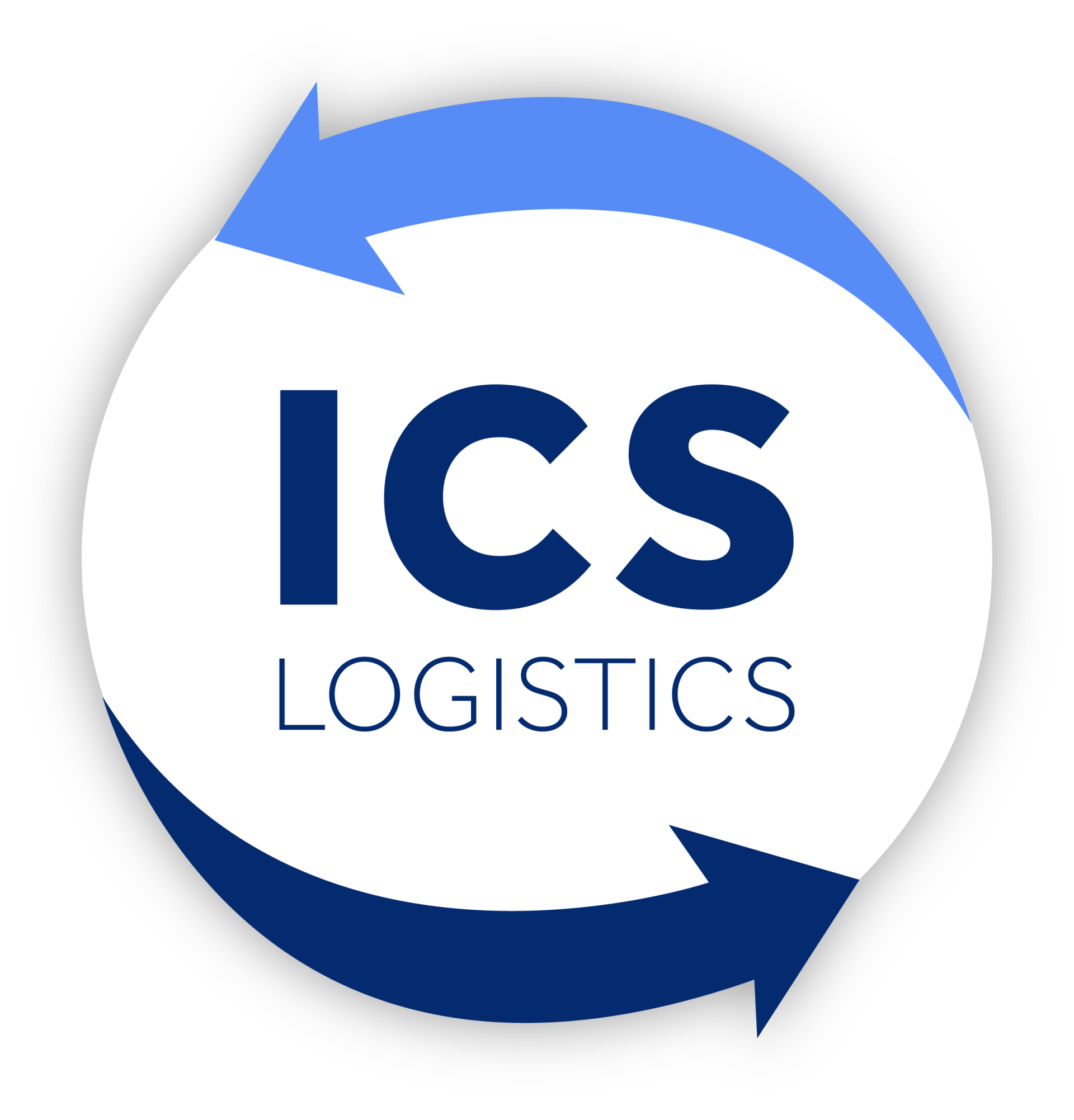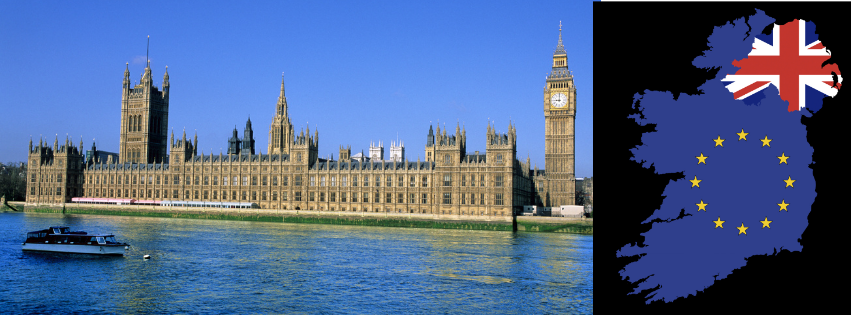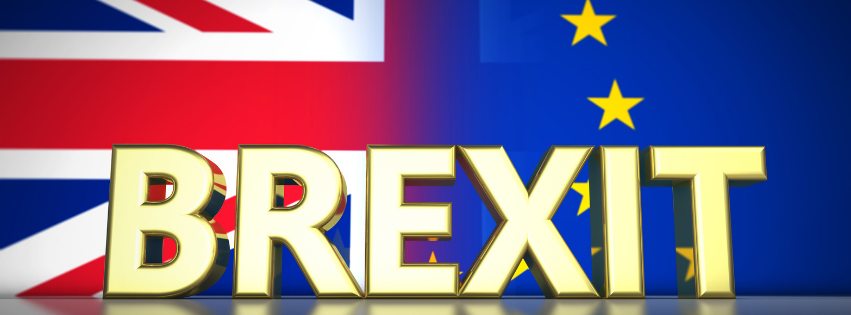UK Government Waives Import Taxes on Vital Medical Supplies
Ian Simmonds • 6 April 2020
HMRC has published new guidance about the import relief on GOV.UK. Only organisations supplying the NHS can utilise this relief.
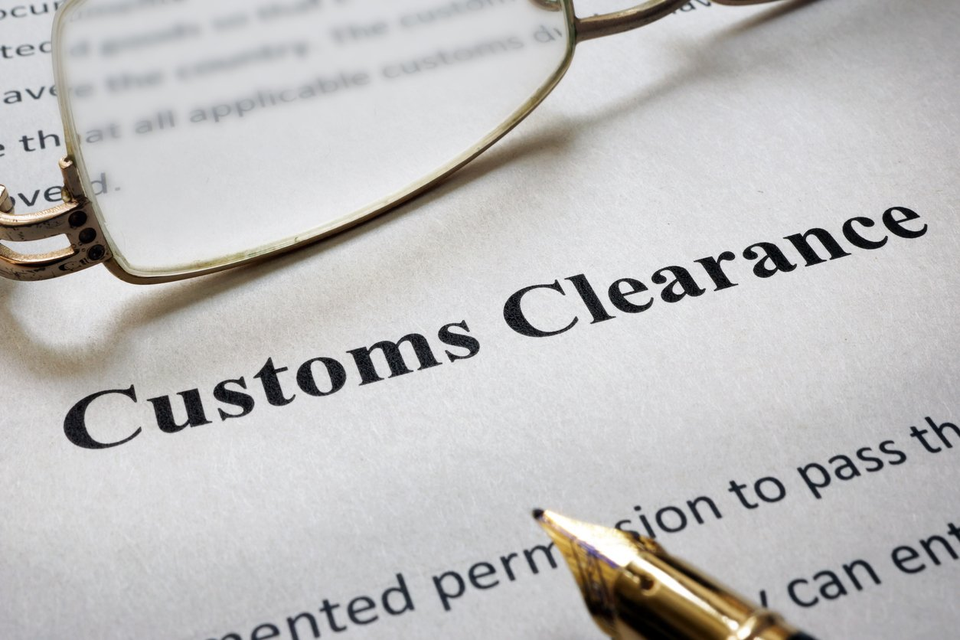
Goods such as ventilators, coronavirus testing kits and protective clothing arriving from outside the EU are no longer subject to customs duty or import VAT. This will reduce red tape to ensure frontline health workers get vital equipment quickly and removes barriers to those who want to donate supplies to the NHS.
NHS suppliers will no longer have to pay customs duty and import VAT, the removal of tariffs on these vital supplies will reduce the import price by up to 12 per cent.
Goods imported into the UK for donation or onward sale to the NHS are also eligible for this relief and can be imported free of import duty and import VAT. Importers will need to pay import duties and VAT if they loan, hire out or transfer their goods to organisations or individuals not affected by coronavirus outbreak.
International Trade Secretary, Liz Truss said:
We are removing tariffs and barriers on essential medical supplies imported into the UK to ensure our front-line workers have everything they need to treat people suffering from Covid-19.
As I agreed with my G20 trade minister counterparts, we will work together to keep trade flowing and ensure the supply of essential goods and services.
HM Revenue & Customs have published the following explanatory notes:
- Under the current rules, importers require a duty deferment account with HMRC backed by a guarantee. Importers of these critical goods would need to increase the level of their guarantee to cover any additional duty due.
- This new approach, in place until 31 July 2020, will allow companies to import goods critical for our fight against coronavirus at a faster rate and reduce costs significantly.
- The relief can be claimed from HMRC immediately by state organisations, including state bodies, public bodies and other bodies governed by public law who are supplying the NHS. Other approved organisations wanting to supply the NHS can also apply to HMRC.
- HMRC has published new guidance about the import relief on GOV.UK. Only organisations supplying the NHS can utilise this relief.
- All imports will continue to arrive through the same channels and face the same checks as before, so there is minimal chance of fraud. Companies benefiting from the relief also need to first be approved by HMRC.
- The EU’s disaster relief regulation can be used in relation to COVID-19. This allows certain items that are needed to deal with C-19 to be imported free of VAT and customs duties.

We provide IOR services for foreign importers and take care of every phase of the importation from customs clearance to the payment of duties and taxes. As the IOR for your products we are responsible for all paperwork relating to import of your products, customs classification and we will arrange the payment of duties and taxes.
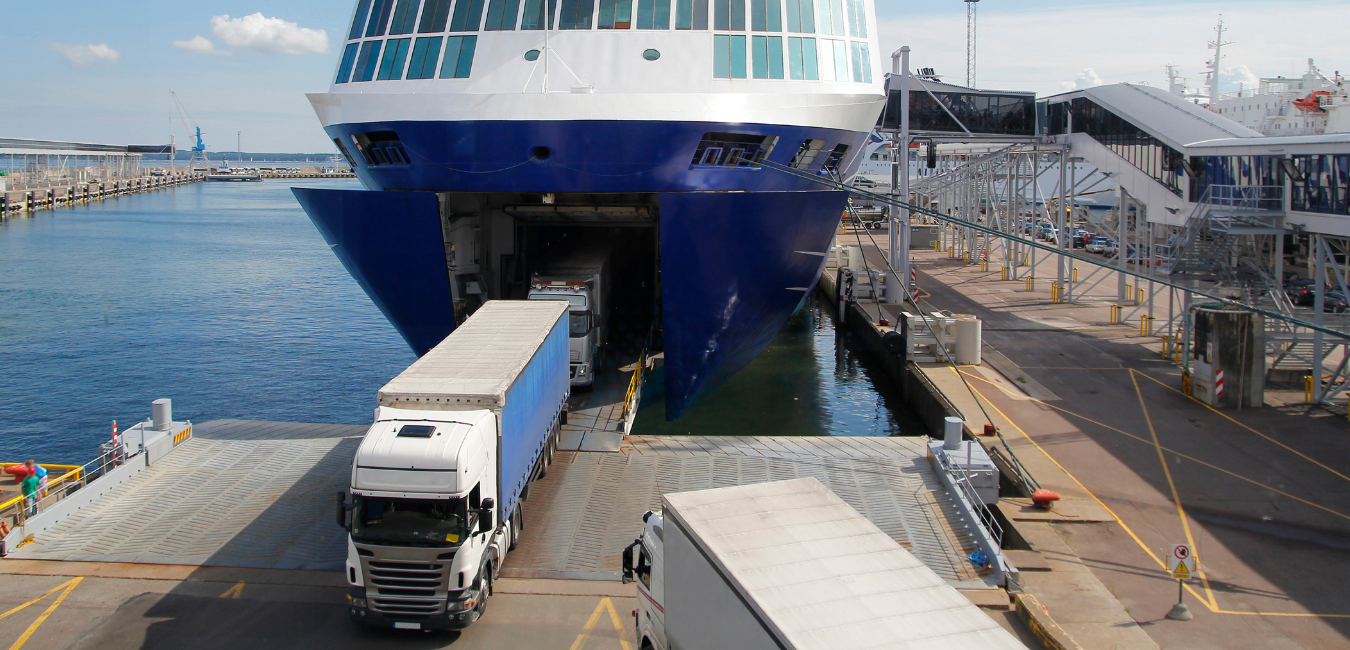
A manufacturer in Germany supplies EU qualifying products to a GB company and zero tariffs applies. The GB company places the products within their common stock warehouse and later they are purchased by a company in the Republic of Ireland. Under the TCA rules of origin for preferential trade, these goods when imported into Ireland are not covered by the agreement and full tariffs apply.
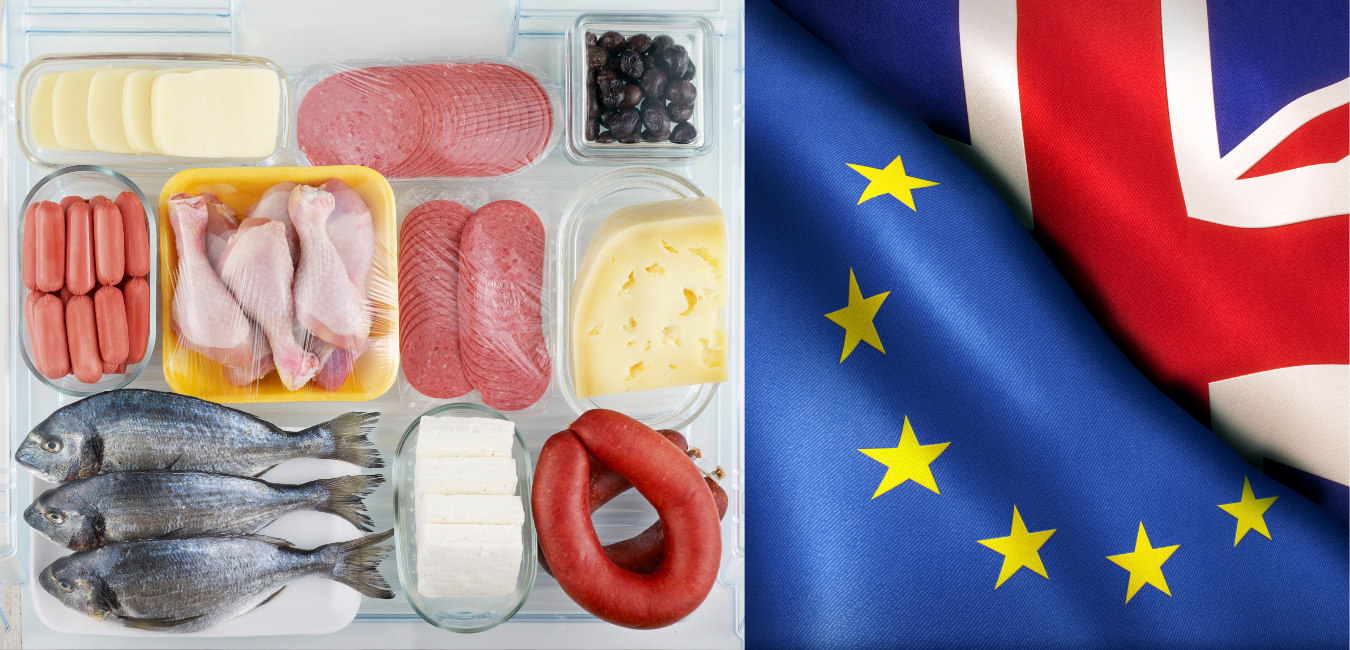
Not having clearly defined export / import processes with the EU caused unnecessary documentation issues resulting in long delays at the ports and some vehicles being sent back to the UK. Exporters of food products from Great Britain (GB) were especially impacted due to their Export Health Certificates (EHCs) not being compliant with EU import regulations. Food exporters and their Official Veterinarians complete and issued these certificates in compliance with the directives of the Department for Environment Food & Rural Affairs.
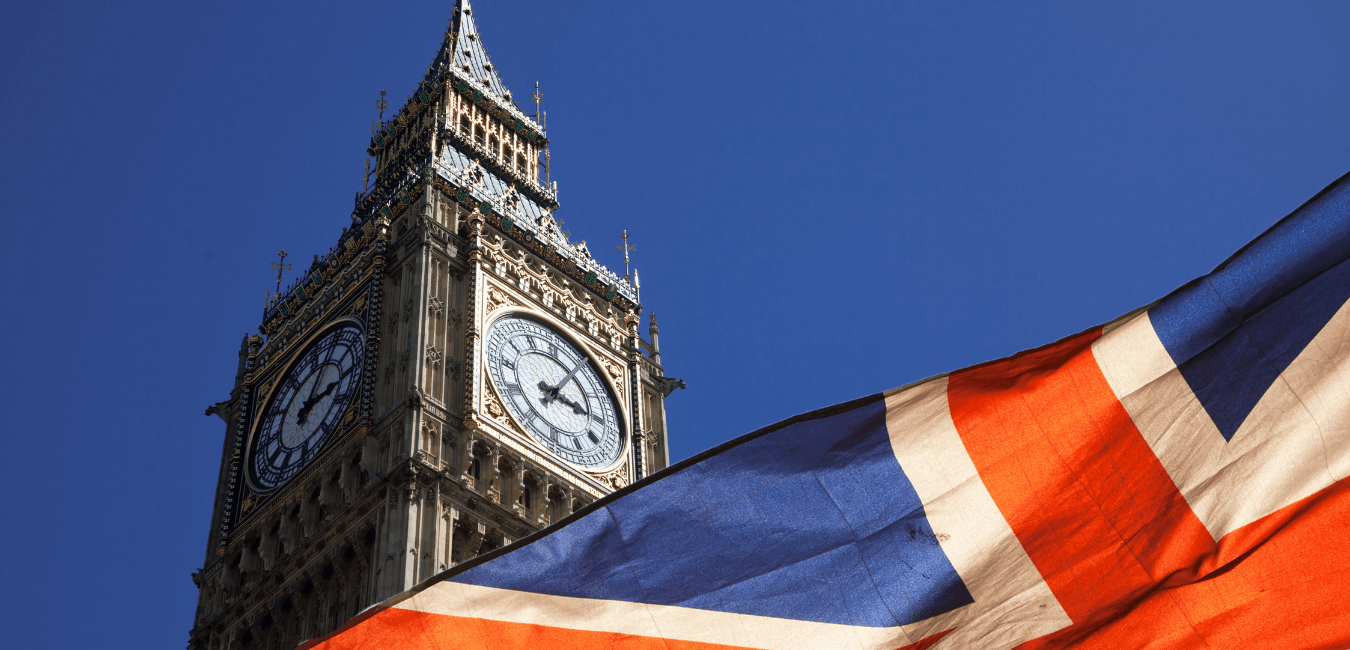
We have been developing contingency plans to ensure our customers’ products are delivered correctly after 1 January 2021. Significant changes will occur once the UK has left the EU. All UK businesses will be required to provide Customs documentation for products exported to, or imported from the EU, even with the ‘EU Deal’ on Brexit.
ICS, as part of our customer services, will be supporting companies with the necessary Customs documentation to comply with the new regulations.
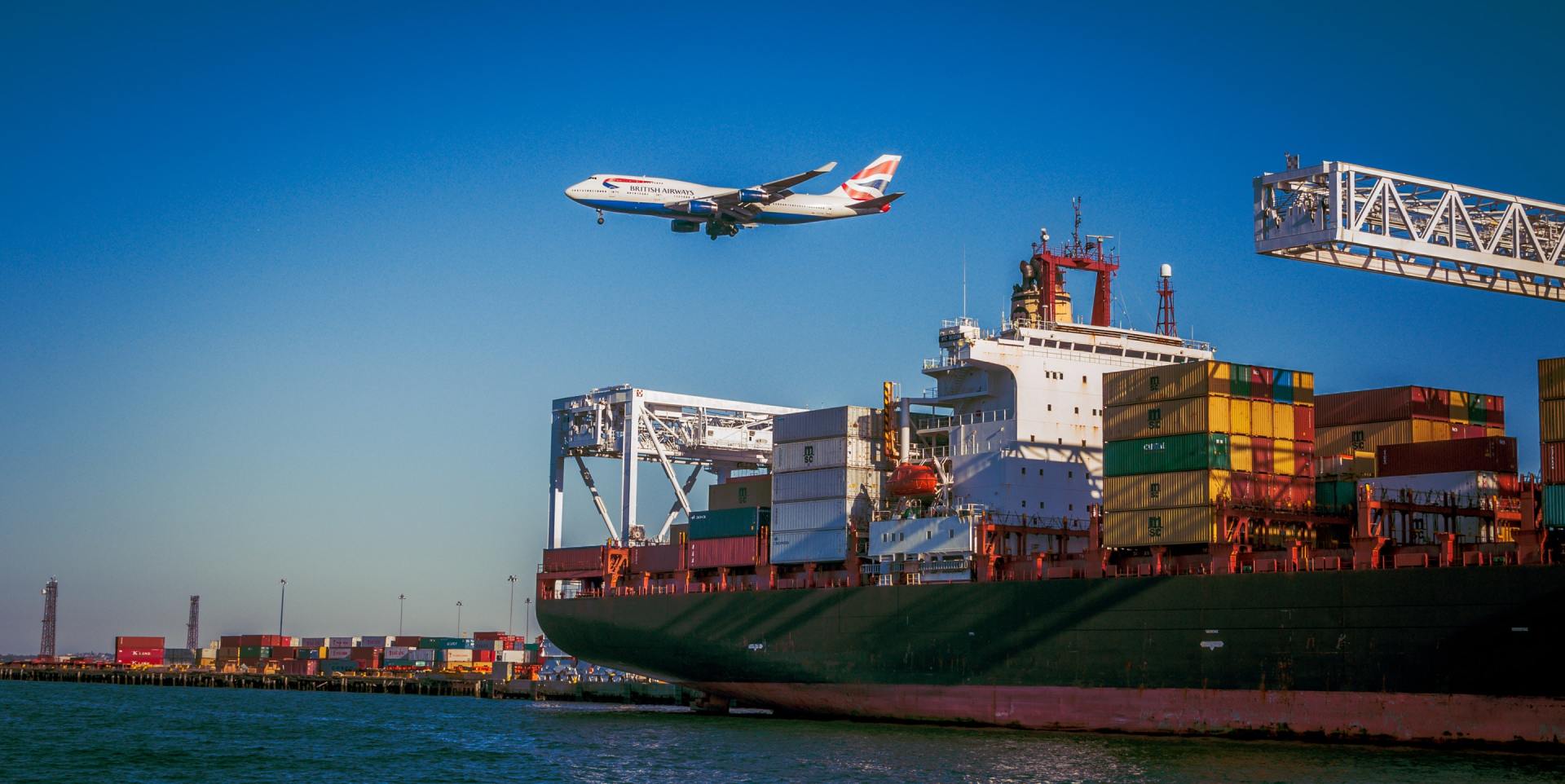
The Government announced, during the Budget, that on 1 January 2021 Postponed VAT Accounting (PVA) will be introduced on imports. Currently, imported goods from a non-EU country are liable for payment of import VAT at the same time as customs duty. The process will provide importers with a new cashflow benefit, as they will be able to postpone VAT at the time of import, as opposed to paying it immediately upon importation.
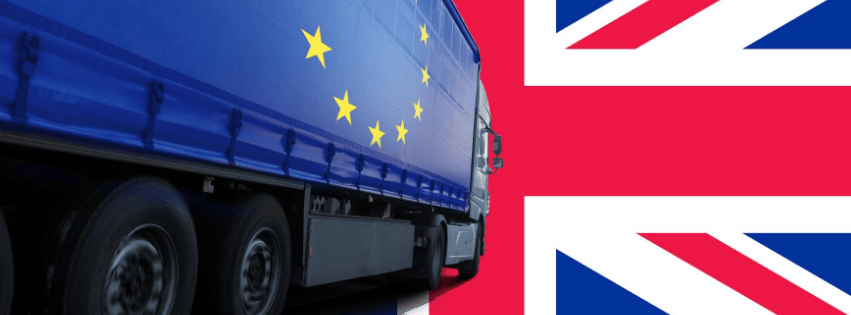
The UK Government have stated that on 1 January 2021 the transition period with the European Union (EU) will end and the United Kingdom (UK) will operate a full, external border as a sovereign nation. This means that controls will be placed on the movement of goods between Great Britain (GB) and the EU.
The UK Government have recognised the impact of coronavirus on UK businesses’ ability to prepare and therefore have announced that they will implement full border controls on imports coming into GB in three stages up until 1 July 2021.
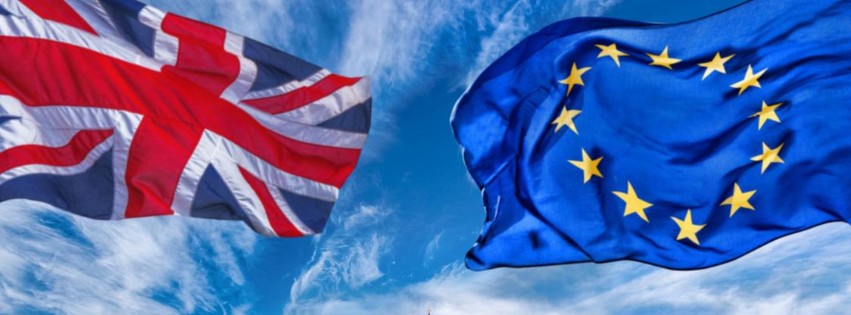
The UK Government has now released their new Import and Export Guides for the end of the Transition Period. The guides have been designed to provide a step-by-step process and aim to provide clarity around what is required at the end of the year. When it comes to following the new import / export processes and completing your Customs declarations, we can provide you with assistance and support.
